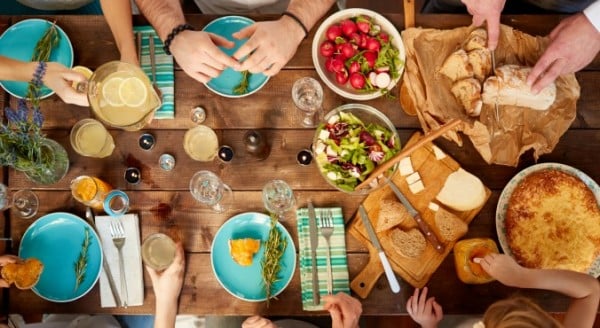“To eat humble pie” is a phrase people commonly use when admitting they were wrong.
In my case, this humble pie also happens to be gluten-free.
These days, I lament the person I used to be: so carefree, so naive, and so full of judgement about other people’s eating intolerances. Yes, I was that person.
It was probably due, in part, to the fact I’d never had to worry about such things. I never had any allergies or intolerances growing up (lucky me, I know). My Hungarian granny would pile my plate high with buttered potatoes, pasta and schnitzel, my dad made fresh bread which we devoured every day, and I was forever drinking milk out of the carton (sorry mum) between shoving handfuls of peanuts into my mouth.
I was also skeptical about whether or not the people sitting opposite me at the dinner table actually needed to order that ‘special’ food according to what their diet dictated. The FODMAPs and “free from”-s, the bringing their own food to barbecues… it always puzzled me a little.
POST CONTINUES BELOW: There are some who have legitimate medical reasons – but it turns out not everyone is as gluten free as they say they are.
I knew some people couldn’t eat gluten or lactose for medical reasons, but it still annoyed me. That is, until recently.
I went off to see my doctor, complaining of issues I’ve always just lived with — like always being tired, “gut issues”, and vitamin deficiencies.
I’d always thought these were the kind of things everyone has, that you just deal with and try to forget about. But it all began to pile up a little too much (if you know what I mean… like, 13 days too much. Sorry again, mum) and I couldn’t ignore it any longer.






























































































